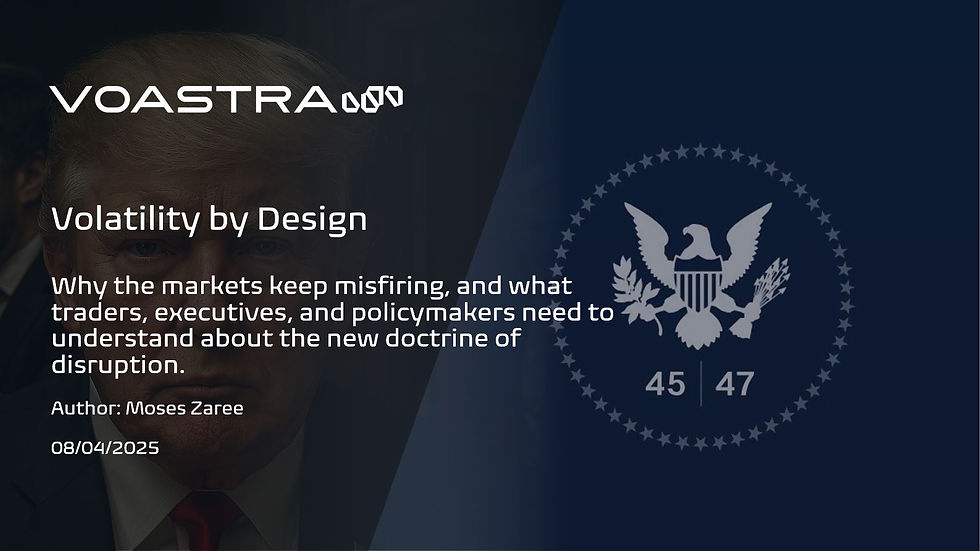The Danger of Backfiring: How Seizing Russian Assets Could Cripple the UK’s Economy
- Moses Zaree

- Mar 5
- 1 min read

The United Kingdom’s latest push to seize frozen Russian assets and use them to fund Ukraine’s war effort is being framed as a strategic necessity. The goal, British leaders argue, is twofold: to keep Ukraine’s military campaign alive and to persuade the United States, potentially under Donald Trump, to remain engaged in the conflict by spending the funds on American weapons.
However, beneath the surface of this seemingly bold maneuver lies a much greater risk: the potential unraveling of the UK’s financial credibility, the erosion of Western economic dominance, and the possible acceleration of a new global financial order that no longer relies on London, Washington, or Brussels as its key pillars.
History has repeatedly shown that weaponizing financial assets, especially those of sovereign nations, can produce unintended consequences. From Venezuela to Iran to Afghanistan, seizing or freezing assets has not only failed to achieve long-term strategic goals but has also contributed to the fragmentation of the very financial systems that Western economies depend on.
The UK’s proposal to confiscate Russian funds may seem like an act of financial warfare against Moscow, but in reality, it risks becoming an act of self-sabotage—one that could permanently damage London’s status as a global financial hub and drive investors away from Western institutions.
The Danger of Backfiring





Comments